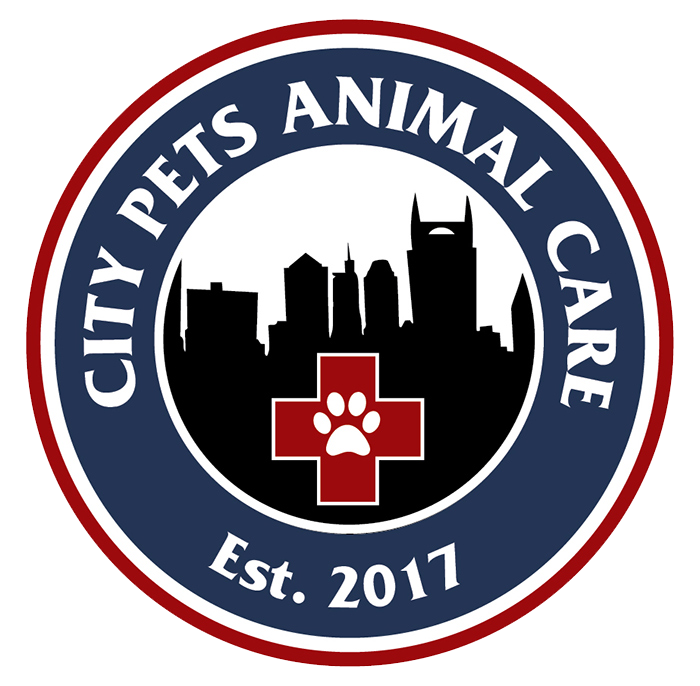Veterinary Services
Puppy & Kitten Health Plans
Below we provide the outline for what puppies and kittens need in their first year of life. Please bring all previous vet records with you as your puppy or kitten may have already received some of these healthcare items.
Please note these are EXAMPLES of what your puppy or kitten will need during their first year of life. Please note that this may change based on individual needs.
Your Puppy’s First Year
6 Week Old Visit
- Office visit
- Vaccines: DAPP #1 (Distemper, Parvo, Adenovirus, Parainfluenza* combination) and Bordetella
- Heartworm Prevention
- Flea and Tick Prevention
9 Week Old Visit
- Office visit
- Vaccines: DAPP Booster #2 (Distemper, Parvo, Adenovirus, Parainfluenza* combination)
- Heartworm Prevention
- Flea and Tick Prevention
12 Week Old Visit
- Office visit
- Vaccines: DAPP Booster #3 (Distemper, Parvo, Adenovirus, Parainfluenza* combination), Lyme Initial, Leptospirosis Initial and Canine Bi-valent Influenza Initial
- Heartworm Prevention
- Flea and Tick Prevention
16 Week Old Visit
- Office visit
- Vaccines: DAPP Booster Final Booster (Distemper, Parvo, Adenovirus, Parainfluenza* combination), Lyme Final, Leptospirosis Final Booster and Canine Bi-valent Influenza Final Booster, Rabies
- Heartworm Prevention
- Flea and Tick Prevention
- Spay/Neuter can be done during this visit
8-10 Months
- Office Visit
- Bordetella Vaccine (booster due 6 months after the first one was given)
- Heartworm Test
- Proheart 6 (heartworm prevention injection that lasts 6 months)
- Flea and Tick Prevention
First-time patient visits, regardless of your puppy’s age, will also receive a fecal test to screen for common parasites such as Giardia, Coccicida, Hookworms, Roundworms, Whipworms, etc. We recommend microchipping your puppy on the first visit as well.
We recommend spaying female puppies before 5 months of age to be sure they do not come into heat (estrus cycle). This prevents breast cancer later in life. We recommend neutering male puppies between the ages of 4 and 12 months depending on the breed, size, and lifestyle of the patient. We are happy to discuss spay/neuter questions during your office visit.
Your Kitten’s First Year
6 Week Old Visit
- Office Visit
- Vaccines: FVRCP #1 (Feline Viral Rhinotracheitis, Calici Virus, and Panleukopenia)
- Deworming
- Heartworm, Flea, and Tick Prevention
9 Week Old Visit
- Office Visit
- Vaccine: FVRCP Booster #2 (Feline Viral Rhinotracheitis, Calici Virus, and Panleukopenia)
- Heartworm, Flea, and Tick Prevention
12 Week Old Visit
- Office Visit
- FVRCP Booster #3 (Feline Viral Rhinotracheitis, Calici Virus, and Panleukopenia) and FeLV #1 (Feline Leukemia Virus)
- Heartworm, Flea, and Tick Prevention
16 Week Old Visit
- Office Visit
- FVRCP Final Booster (Feline Viral Rhinotracheitis, Calici Virus, and Panleukopenia) and FeLV Final Booster (Feline Leukemia Virus)
- Heartworm, Flea, and Tick Prevention
- Spay/Neuter can be done during this visit
5 Months – 1 year
- Heartworm, Flea, and Tick Prevention monthly applied at home
First-time patient visits, regardless of your kitten’s age, will also receive a Feline Leukemia Virus (FeLV) and Feline Immunodeficiency Virus (FIV) test as well as a fecal test to screen for common parasites such as Giardia, Coccicida, Hookworms, Roundworms, etc. We recommend microchipping your kitten on the first visit as well.
We recommend spaying female kittens before 5 months of age to be sure they do not come into heat (estrus cycle). This prevents breast cancer later in life. We recommend neutering male kittens between the ages of 4 and 6 months to prevent urine marking in the house.
Please bring any paperwork you have received from the shelter, rescue, or breeder if any was given to you. If your puppy or kitten is experiencing any other health concerns (sneezing, coughing, diarrhea, itchy skin, pustules, pain, lethargy, vomiting, etc.) the doctor will discuss that with you during your visit. Puppies and Kittens with some types of illness should not receive vaccines until they are healthy. Our doctor will discuss this and provide information on whether or not it is best for your baby to get vaccines if he or she is also dealing with an illness. Please bring along any questions you may have regarding diet, exercise, training, behavior, etc. to your appointment as well! We look forward to helping you keep your new puppy or kitten healthy and happy!

